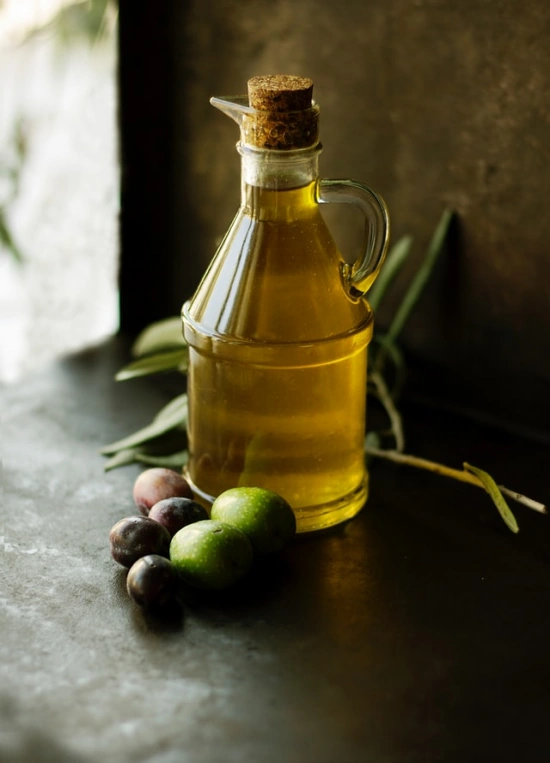10266. The preparation of the anointing oil in what has come immediately before has served to describe the Divine Good of the Lord's Divine Love within His Divine Human, and in the relative sense the good of love present from the Lord in a person. For that in the Word which in the highest sense says something about the Lord says something also in the relative sense about man, because human regeneration is an image of the glorification of the Lord's Human, 3138, 3212, 3296, 3490, 4402, 5688. From this it is evident that the preparation of the anointing oil implies also the generation and formation of the good of love present from the Lord with a person. As a consequence of this it implies that the good of love receives form through the truths which the Church derives from the Word, external ones first, then those that get more and more internal - in keeping with the description immediately before, especially in 10252 - so that the external man is provided with them first, then the inner man in consecutive stages. It should be recognized that the order in which that good has been formed by the Lord by means of truths, or the order in which it has come into being, is also the order in which He preserves it, or the order in which it continues to exist. For preservation is unceasing formation, just as continued existence is an unceasing coming-into-being. From this it follows that the character of the perception and affection with which a person takes on truths, and also the order in which he does so, determines the nature of the good of love as it exists with him. If the affection has been a love of truth for truth's sake and for goodness' sake, without a selfish and worldly affection for it, and if the order has gone from outermost levels step by step to increasingly internal ones, the good of love is authentic. But if the affection has been anything other than that, the good is spurious, or not good at all. It does not matter if at first, when the formation starts to take place in the person, the affection for truth is also selfish and worldly; but this fault must be stripped away as good increases with the aid of truths. Also from then on the person is being unceasingly purged of those things, as the bowels are of waste matter. Anyone who thinks that a person can be endowed with the good of love without the truths of faith and without leading a life in accordance with them is much mistaken.







